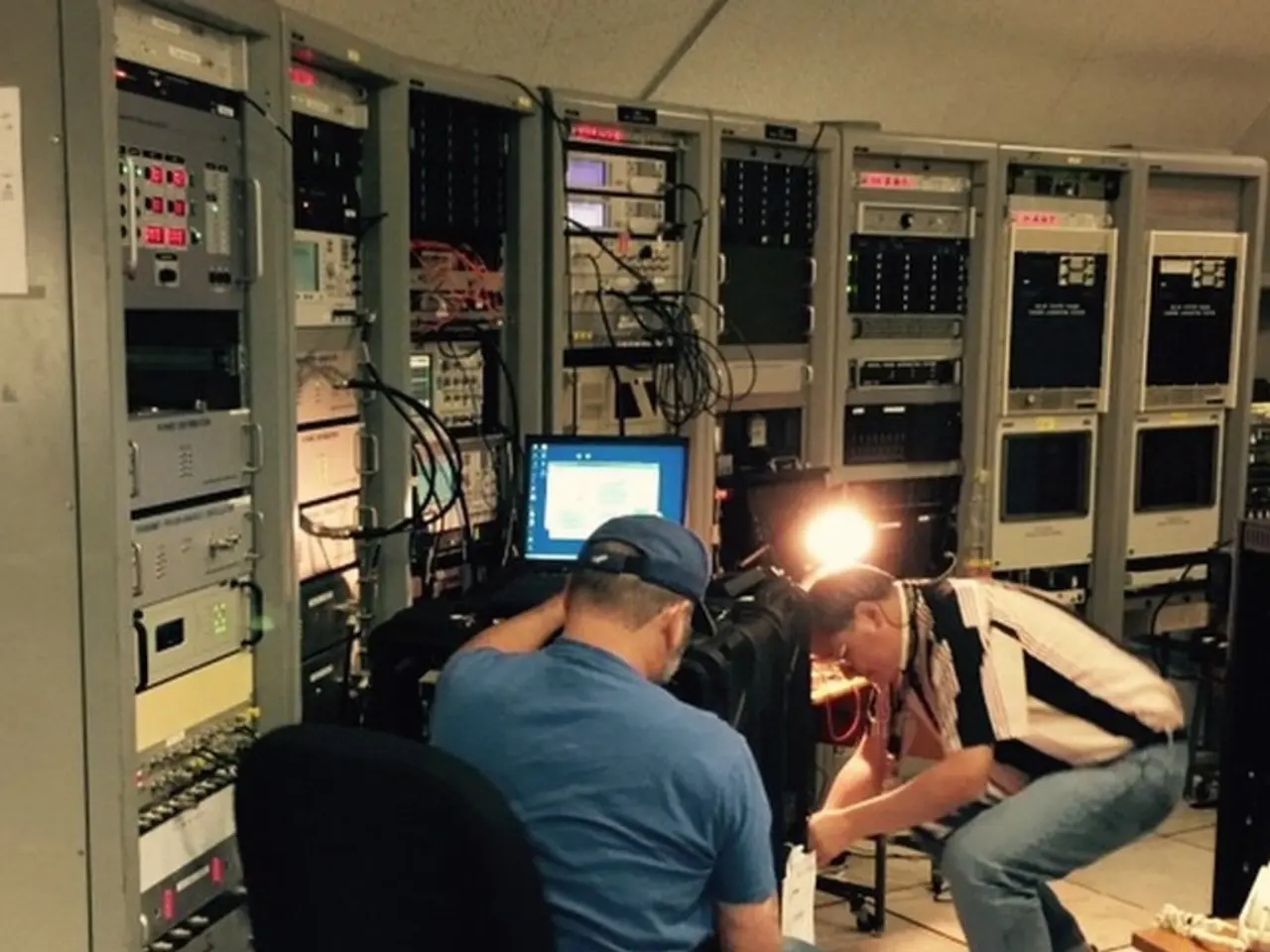Top Home Power Generator Purchase Guide: Insightful Information on Picking Ideal Battery-Powered Models
In the face of increasing power outages and the growing need for eco-friendly solutions, battery-powered generators have emerged as a popular choice for homeowners. These devices offer numerous benefits, including quiet operation, no emissions, and the ability to recharge via solar panels or an outlet.
When selecting a battery-powered generator, there are several key factors to consider. First and foremost, the size and power output of the generator should be assessed to ensure it meets your home's essential appliance needs. For small homes or apartments, a generator with around 2000-3000W continuous power, such as the EcoFlow DELTA 2 Max with a 2400W output (surge 4800W), is ideal. Battery capacity, measured in watt-hours (Wh) or kilowatt-hours (kWh), dictates how long the generator can power your devices. The EcoFlow DELTA 2 Max starts at 2kWh and is expandable to over 6kWh for longer outages.
Another crucial consideration is the battery type and its lifespan. Look for generators with LiFePO4 (LFP) batteries, which offer longer lifespans (3000+ cycles, 8–10 years) and maintain better performance compared to standard lithium-ion batteries. Battery chemistry affects durability and safety, especially important for indoor use.
Key features to prioritize include multiple charging options, such as AC charging, solar panels (preferably with MPPT controllers for efficiency over 98%), and sometimes car charging, increasing flexibility and reliability. A Uninterruptible Power Supply (UPS) mode is also beneficial, preventing power disruptions during outages, critical for sensitive electronics or medical devices. Noise level is another important factor, with battery generators being quieter (often under 40 dB). For home use, models like the EcoFlow DELTA 2 Max operate at about 30 dB, suitable even indoors. Scalability, such as expandable battery capacity or additional solar panels, is useful if your power needs grow.
Portability and usability are also essential considerations. Weight and size matter if you plan to move the generator frequently or use it outdoors. The EcoFlow DELTA 2 Max weighs about 50 lbs, balancing portability with power. Check for protection features like water resistance and shockproof design if used outdoors, e.g., the Goal Zero Yeti 500 is rugged and weather-resistant.
The Solar Generator 757 features proprietary Suncast technology that helps align solar panels for optimal charging. With a substantial 1229Wh capacity, 1500W, and a 10-year lifespan, the Solar Generator 757 offers a long-lasting solution for power outages.
When choosing a generator, size and capacity are crucial considerations. Determine the total wattage needed by listing essential appliances and calculating their power requirements. Solar power is a clean and renewable energy source, making it an eco-friendly choice for disaster preparedness. Proper storage and regular testing of the battery's charge level can also help extend its lifespan and ensure it's ready for use during emergencies or power outages.
Our company offers exceptional customer service with prompt and helpful support, and our exclusive InfiniPowerTM technology, combined with the impact-resistant structural design and LiFePO4 batteries, delivers 10 years of reliable, long-lasting energy. To ensure the longest lifespan of a battery-powered generator, it's recommended to follow the manufacturer's instructions for usage, charging, and maintenance.
In addition to battery-powered generators, generators come in various types, including standby, portable, inverter, and solar generators. Solar panels generate electricity from sunlight, reducing reliance on the grid and ensuring a continuous power supply during outages. Solar power systems can be paired with battery storage, allowing excess energy to be stored for use during outages or at night.
When choosing a generator, consider future needs and usage patterns when determining the generator's capacity. Our company offers a 5-year full-device warranty, which is more than double the average warranty period for most generators, underscoring our belief in the quality and durability of our product.
In conclusion, choosing the best battery-powered generator for your home requires careful consideration of power needs, runtime, safety, and convenience while offering flexibility for future expansion. The EcoFlow DELTA 2 Max is an excellent example for home use due to its capacity, quiet operation, fast multi-mode charging, and smart energy features, suitable for both daily use and emergencies.
When making a decision on a battery-powered generator, it's essential to factor in the generator's capacity, as it should meet the essential appliance needs of your home. For instance, the EcoFlow DELTA 2 Max, with a 2400W continuous power output, is ideal for small homes or apartments. batteries' lifespan is another crucial aspect to consider, with LiFePO4 (LFP) batteries, like those found in the EcoFlow DELTA 2 Max, offering longer lifespans for better performance and durability. Furthermore, solar technology integration in generators, such as solar panels with MPPT controllers for efficient charging, can make them more eco-friendly and self-sufficient during power outages.




